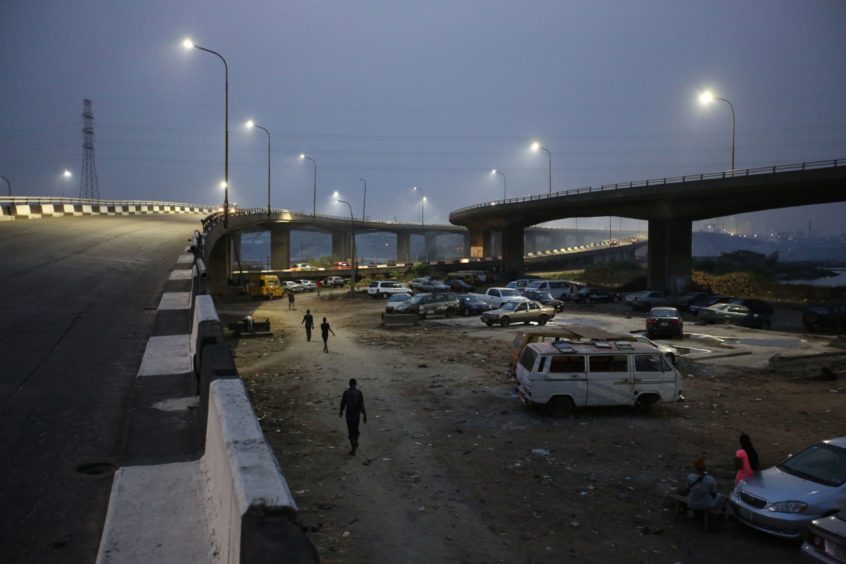
The Netherlands has raised concerns about fuel exports for African markets, which have high levels of substances that are harmful to human health.
The Inspectie Leefomgeving en Transport (ILT) – Human Environment and Transport Inspectorate – cited a study by TNO as informing its concerns. The ILT said fuels produced in the Netherlands for African consumption have “high levels of benzene, sulphur, and manganese”.
The agency called on companies working in the Netherlands to take this into account. They should ensure that, in future, the fuels they export “are in line with the European quality requirements”.
The ILT said it would consider how companies responded to its findings. These companies should export fuels of European quality, it said. Results from the report have been shared with a number of agencies and ministries, including the Public Prosecution Department.
The Netherlands exported a total of 15 billion euros to Africa in 2020, with Nigeria, South Africa and Egypt accounting for around half of this trade. According to trade information, the European state is a “relatively major exporter of motor fuels” to Africa.
The Netherlands was the top supplier of fuel to Nigeria in 2019, according to the World Bank, accounting for around 36% of supplies.
Taking the initiative
The TNO report cited by the ILT noted that fuels exported did not reach European standards. The fuels are also bad for vehicle catalysts and particulate filters, making them fail faster. As a result, emissions increase further.
The ILT’s Inspector General Jan van den Bos described the findings as “worrisome, because they reveal the full extent of the damage to air quality and public health. The question is whether market players will take the initiative to develop cleaner fuels on their own.”
The ILT, he said, is “in dialogue with the producers”.
CITAC Africa’s executive director Elitsa Georgieva expressed some concerns around the approach.
“We believe that effort is much better placed at these initiatives rather than trying to regulate every exporting country/company, considering the diversity of sources of supply to the African products markets,” she said.
The agency reported in 2020 that Dutch exports of vehicles to Africa were also of a poor quality.
Stakeholder Democracy Network (SDN) has commented on fuel import issues in the past.
SDN’s Calvin Laing welcomed the Dutch report. “This contributes to the well-established body of evidence, including SDN’s 2020 research in Nigeria which showed that sulphur levels in imported fuels are even higher than illegally refined products from the Niger Delta,” he said.
“This has severe health and environmental implications for the citizens of Nigeria and more widely in West Africa and needs to be stopped immediately.
“The ultimate responsibility for this lies with the companies that are knowingly exporting this poor quality fuels, however, the governments of destination countries like Nigeria also need to act urgently to protect their citizens, by adopting and implementing the new fuel standards agreed by ECOWAS for implementation in 2021.”
Updated at 1:14 pm with comment from SDN’s Laing.
Updated on June 28 at 8:32 am with comment from CITAC’s Georgieva.
